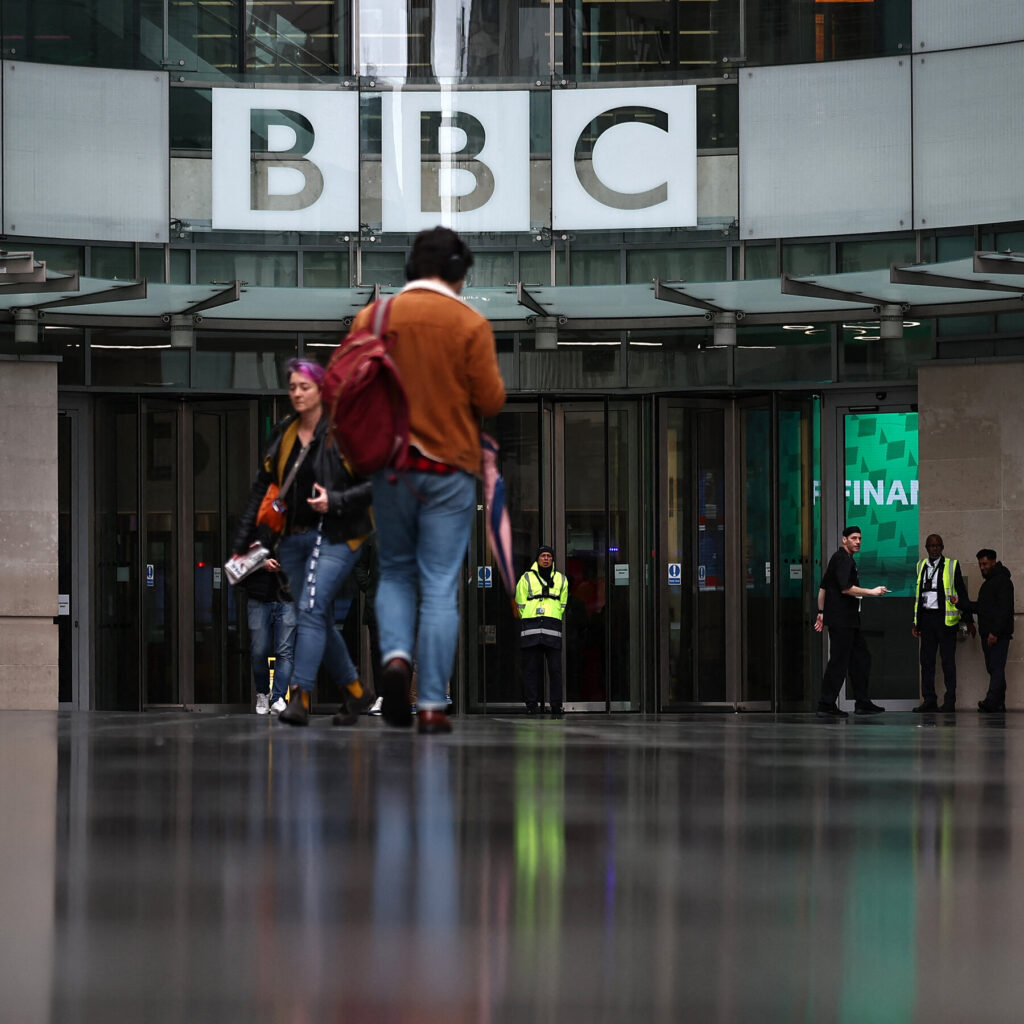AI, Chatbots and Social Media May Be Fueling “Brain Rot,” Researchers Warn

Recent research from several universities suggests that the convenience of artificial‑intelligence search assistants, conversational chatbots and the endless scroll of social media platforms could be eroding our mental sharpness. The phenomenon, colloquially dubbed “brain rot,” refers to a measurable decline in higher‑order cognitive functions such as critical thinking, memory retention and problem‑solving when people rely heavily on these digital shortcuts.
In a series of experiments conducted at the University of California, Berkeley, and the University of Edinburgh, participants were divided into three groups. One group performed information‑seeking tasks using traditional search engines and had to sift through multiple webpages, another used AI‑powered tools like ChatGPT or Google’s Bard that supplied concise answers, and the third relied primarily on short‑form social media feeds for news and facts. After a series of memory tests, analytical puzzles, and reading‑comprehension exercises, the AI and social‑media groups consistently scored lower on tasks that required deep processing and recall.
Dr. Maya Patel, a cognitive neuroscientist at Berkeley who led the study, explained, “When the brain is handed a ready‑made answer, it bypasses the retrieval and synthesis stages that normally strengthen neural pathways. Over time, this can lead to a kind of mental atrophy, much like a muscle that isn’t exercised.” Similar findings emerged from the Edinburgh team, which used functional MRI scans to observe reduced activity in the prefrontal cortex—a region linked to planning and abstract reasoning—among heavy chatbot users.
The research does not condemn technology outright; rather, it highlights a trade‑off. AI assistants dramatically increase efficiency, allowing people to complete routine tasks faster. However, the speed comes at the cost of reduced mental engagement. Social media’s algorithmic feeds exacerbate the problem by delivering bite‑sized, emotionally charged content that rarely demands sustained attention.
What can individuals do to protect their cognitive health?
1. Practice “Active Searching.” Instead of asking a chatbot for a quick fact, try to locate the information yourself first. Skim multiple sources, compare viewpoints, and only turn to AI for verification.
2. Schedule “Deep‑Work” Sessions. Allocate blocks of uninterrupted time each day for reading long‑form articles, solving puzzles, or learning a new skill without digital assistance.
3. Limit Passive Scrolling. Use app timers or “digital wellbeing” settings to curb endless browsing on platforms like TikTok, Instagram or Twitter, especially during evenings.
4. Engage in Memory‑Boosting Activities. Regularly practice recall exercises—such as summarizing a news story from memory or teaching a concept to someone else—to reinforce neural connections.
5. Mix Media Formats. Balance quick digital consumption with analog experiences: print books, handwritten notes, or face‑to‑face discussions stimulate different cognitive pathways.
Policy makers and tech companies are also being urged to consider design changes that encourage more active cognition. Suggestions include adding “thinking prompts” before delivering AI answers, or incorporating optional “deep‑read” modes that expand short posts into longer, context‑rich articles.
While the convenience of AI and social media is unlikely to disappear, experts agree that a conscious, balanced approach can keep the “brain rot” at bay. As Dr. Patel puts it, “Technology should be a tool that augments our intellect, not a crutch that replaces it.” By deliberately exercising our mental muscles, we can reap the benefits of modern digital aids without sacrificing the very thinking skills that define us.





